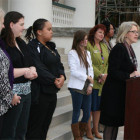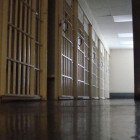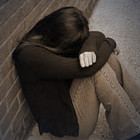
He Wrote the Book on Kids and the Law: A Conversation with Georgia’s J. Tom Morgan
|
ATLANTA -- Criminal defense attorney and author J. Tom Morgan said his phone has rumbled late in the night with texts from minors seeking legal advice about police at the door. Today the high-profile lawyer specializes in defending young people, and, as a local district attorney in the past, prosecuted hundreds of people for crimes against children. In an upcoming article in the State Bar of Georgia’s journal, he argues that kids’ behavior hasn’t changed, but the consequences have. “Its not what’s happened in the last 30 years that kids are worse, it’s what we’ve done in our legal system,” he said. Things like zero tolerance, raising the drinking age and criminalizing consensual sex between teens under child abuse laws have put kids in the crosshairs of the police. Last year alone, he spoke at more than 100 events explaining to kids and adults the facts in his book “Ignorance is No Defense, A Teenager’s Guide to Georgia Law.”
JJIE talked to Morgan after he gave a presentation to some 150 parents at a private school in Atlanta on Nov.







